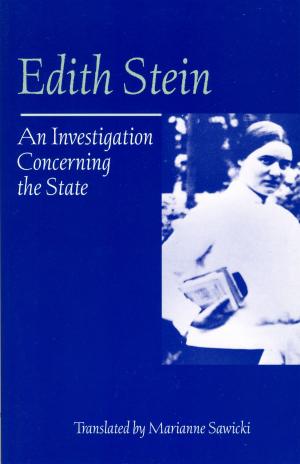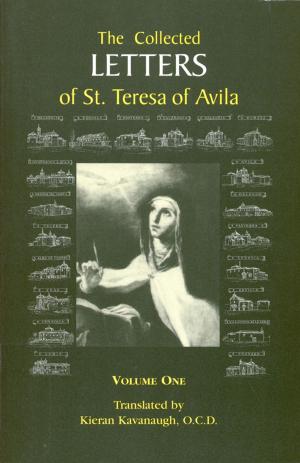St. Therese of Lisieux Nietzsche is My Brother
A Play by Bridget Edman, OCD
Fiction & Literature, Drama, Religious & Liturgical, Nonfiction, Entertainment, Religious| Author: | Bridget Edman, OCD | ISBN: | 9780935216929 |
| Publisher: | ICS Publications | Publication: | November 16, 2011 |
| Imprint: | Language: | English |
| Author: | Bridget Edman, OCD |
| ISBN: | 9780935216929 |
| Publisher: | ICS Publications |
| Publication: | November 16, 2011 |
| Imprint: | |
| Language: | English |
Both Thérèse of Lisieux and her contemporary, Friedrich Nietzsche, grappled in their own way with the issues of nihilism and atheism. For Thérèse, her struggles in faith led to a deepening trust and surrender to God in the face of apparent nothingness. The philosopher Nietzsche’s antipathy to Christianity and religious faith in general made him a key architect of the Culture of Death and a precursor of the Death of God movement. This book, crafted as a dramatic dialogue between the young Carmelite and the philosopher, reflects the church’s efforts to understand, listen to, and dialogue with those usually considered “afar.”
Nietzsche Is My Brother is the result of the author’s own personal religious quest, which led her to the Catholic Church and eventually to enter Carmel in South Africa as a cloistered nun. The book won first prize in the International Competition for Religious Drama.
The play explores parallels and contrasts in its two protagonists but doesn’t force commonalities where none exist. Like the dialogue it hopes to encourage between believers and nonbelievers, Nietzsche Is My Brother is open, honest, and thought provoking.
Both Thérèse of Lisieux and her contemporary, Friedrich Nietzsche, grappled in their own way with the issues of nihilism and atheism. For Thérèse, her struggles in faith led to a deepening trust and surrender to God in the face of apparent nothingness. The philosopher Nietzsche’s antipathy to Christianity and religious faith in general made him a key architect of the Culture of Death and a precursor of the Death of God movement. This book, crafted as a dramatic dialogue between the young Carmelite and the philosopher, reflects the church’s efforts to understand, listen to, and dialogue with those usually considered “afar.”
Nietzsche Is My Brother is the result of the author’s own personal religious quest, which led her to the Catholic Church and eventually to enter Carmel in South Africa as a cloistered nun. The book won first prize in the International Competition for Religious Drama.
The play explores parallels and contrasts in its two protagonists but doesn’t force commonalities where none exist. Like the dialogue it hopes to encourage between believers and nonbelievers, Nietzsche Is My Brother is open, honest, and thought provoking.
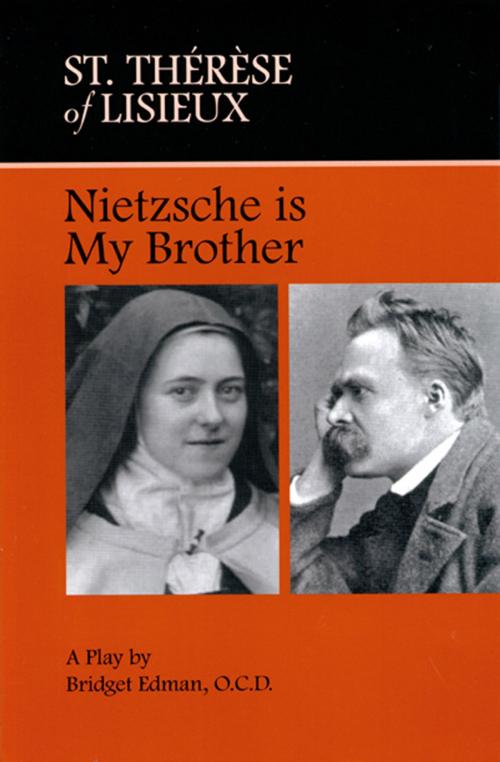
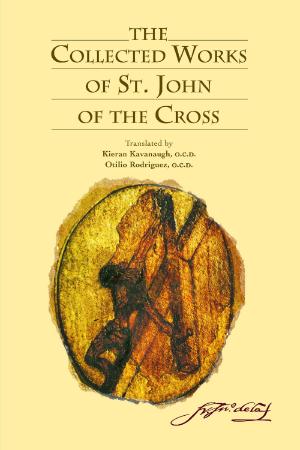
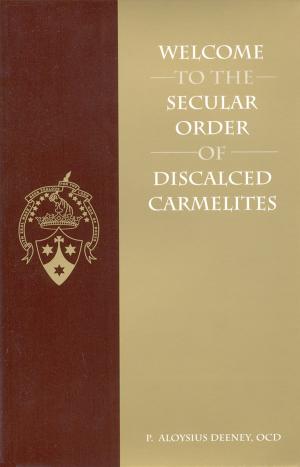
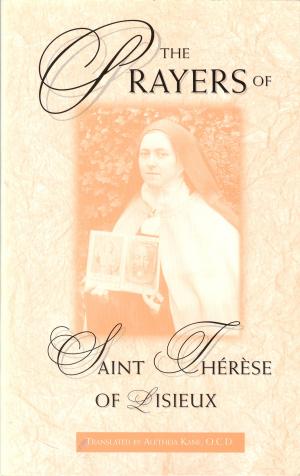
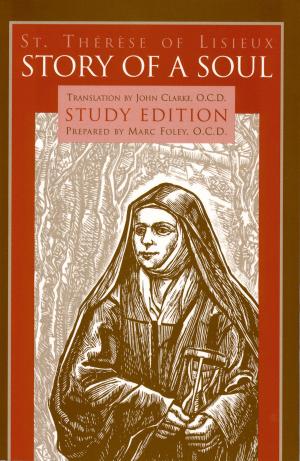
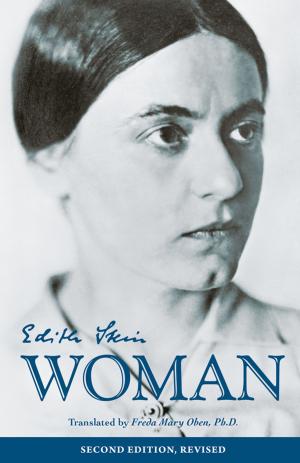
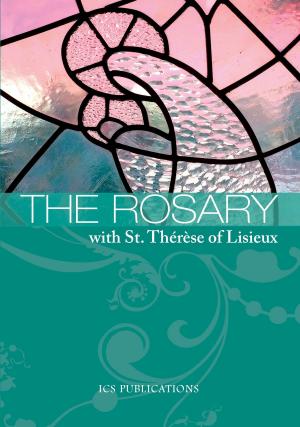
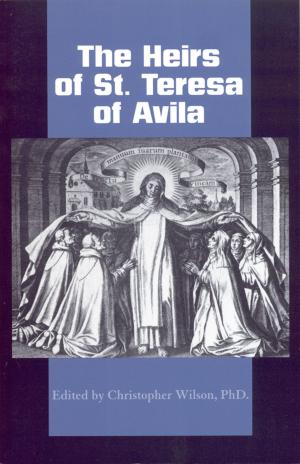

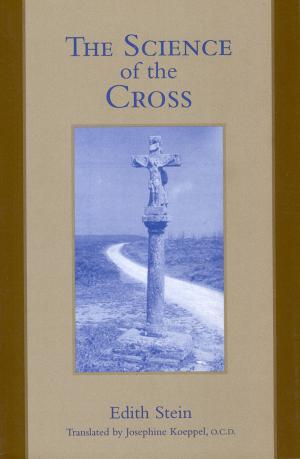
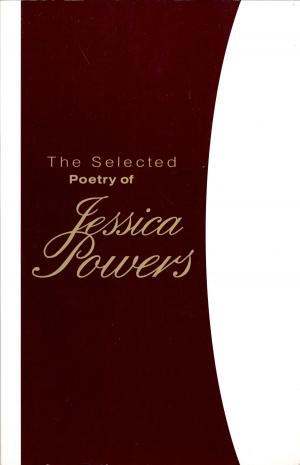
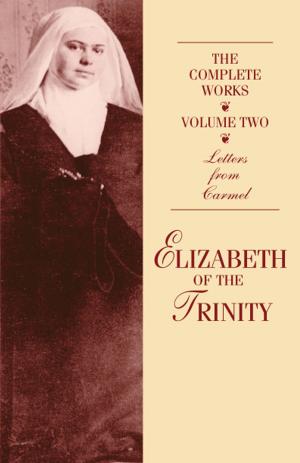
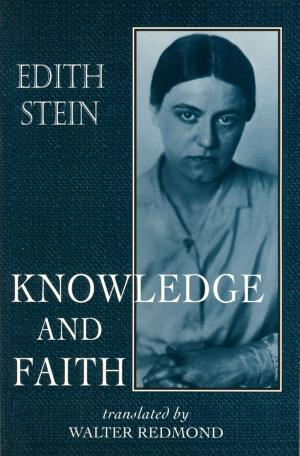
![Cover of the book The Collected Works of St. Teresa of Avila, Volume One [Includes The Book of Her Life, Spiritual Testimonies and the Soliloquies] by Bridget Edman, OCD](https://www.kuoky.com/images/2011/december/300x300/9780935216059-Z6hb_300x.jpg)
